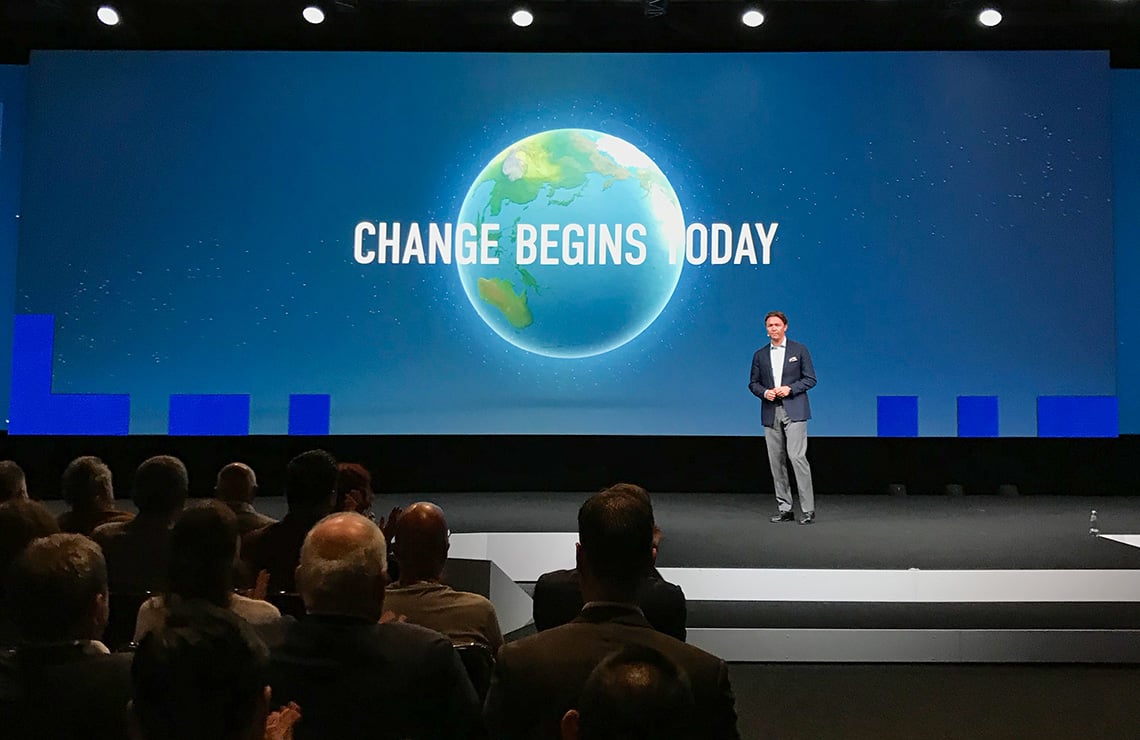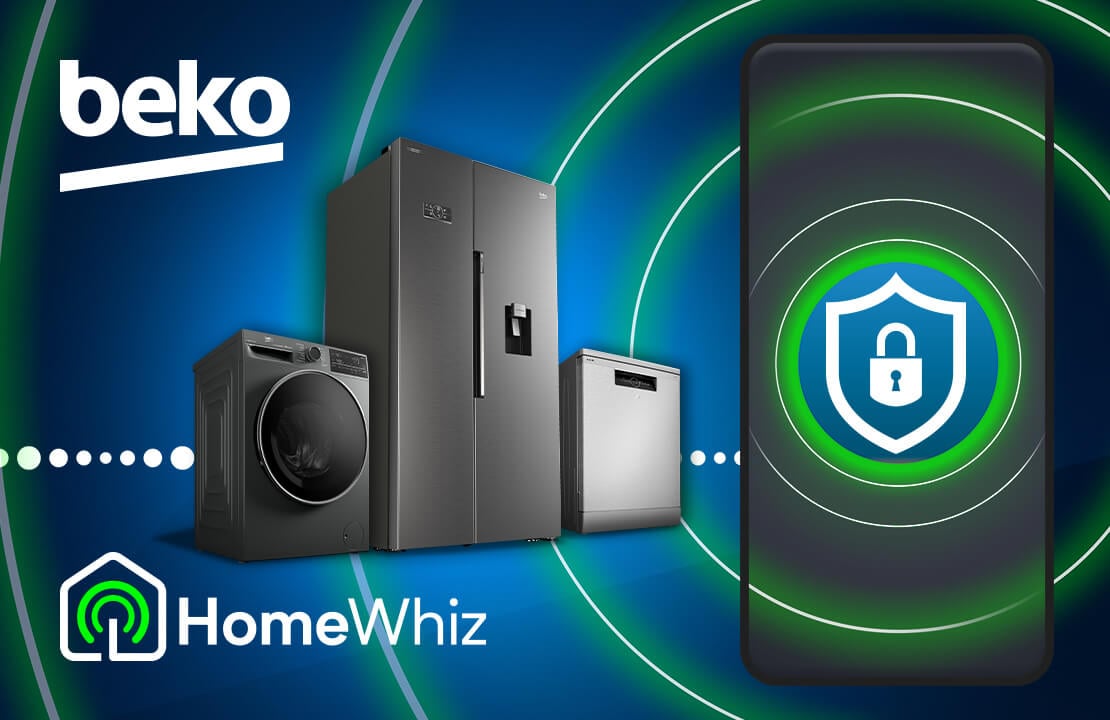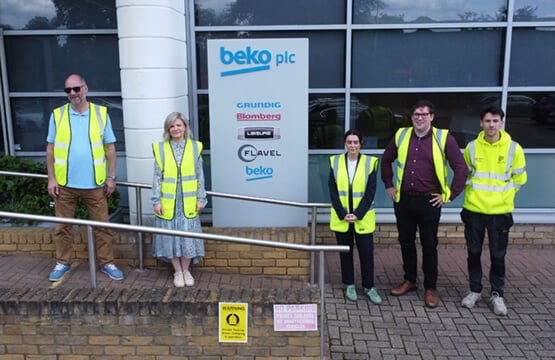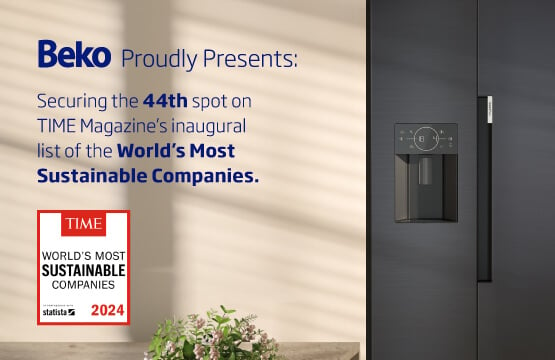10th September 2019
Leading The Drive To Reduce Plastic Waste

Arçelik has unveiled a brand-new technology set to transform the way washing machines currently filter microfibres. CEO Hakan Bulgurlu, revealed all in his keynote speech at international electronics show, IFA in Berlin earlier this month.
The new cutting-edge technology is expected to launch in 2020 and will be made available to competitor brands too. The world’s first washing machine with a built-in synthetic microfibre filtration system blocks 90% of microfibres from entering the water sources, via a filtration box in the detergent drawer that filters the water before discharge.
More than one million fibres are flushed down the drain and end up in the oceans after every single washing load. These microfibres are then swallowed by fish and other marine animals and have now found their way into our food chain.
“As a company with a global footprint, and products and services in 146 countries, we made it our mission to do everything within our power to drive change. Time is running out in the fight against environmental disasters, most importantly climate catastrophe. That’s why we believe reducing the environmental damage that we are causing as an industry is an opportunity to be seized.”
“This technology is one of the most important innovations to come out of Arçelik and it has the potential to create far-reaching and significant change in our world. We have made significant investments in R&D and we are committed to working together with NGOs, universities and other stakeholders to expand this project.”
Other projects we are working on at a global level include:
Washing Machine Tub
A washing machine tub made of recycled PET bottles. A total of 25 million PET bottles (250 tonnes of plastic) were recycled into washing machine tubs; saving 5.7 million kWh energy and preventing 885 tonnes of CO2 emissions. This is now available.
Bio Fridge
This innovative fridge is made with Bio-Based Plastics, Bio-Based Polyurethane insulation material and Bio-Based composites made of food residue. By increasing the endurance of materials from soy, eggshells and corn, the carbon footprint of this bioplastic is 80% lower than conventional plastics used today.
Recycled fishing nets
Efforts are also being made to reduce marine pollution through the use of materials from recycled fishing nets. 640,000 tonnes of fishing nets and lines are lost every year, and this equipment will continue to trap marine animals for many decades to come. By upcycling these old nets together with waste textile fibres, we created a nylon-based composite material with mechanical strength and thermal resistance, which is used in oven parts. By the end of 2018, 65 tonnes of this waste material had been reclaimed and repurposed, and the aim is to continue expanding the initiative. Products that contain recycled fishing nets are already on the market.
Solar fridge
Our new Solar Fridge addresses the electricity crisis that many countries around the world still face. The off-grid refrigerator runs on solar power. Powered by DC instead of AC, it has a lower carbon footprint and higher efficiency than conventional refrigerators. Switching from alternating current to direct current could mean lower energy costs, higher energy efficiency and reduced food spoilage. The product will be ready for serial production early next year.
For PR enquiries please email [email protected]
Latest News Articles

25th July 2024
Beko plc takes another step on their sustainability journey with the installation of solar panels
At Beko plc, we continue to look for ways to reduce our environmental impact and support our parent company in their goal of becoming Net Zero by 2050.

19th July 2024
Beko plc takes another step on their sustainability journey with the installation of solar panels
At Beko plc, we continue to look for ways to reduce our environmental impact and support our parent company in their goal of becoming Net Zero by 2050.

12th July 2024
Beko achieves 44th place on TIME’s inaugural list of the world’s most sustainable companies
Securing the 44th spot on the prestigious list with a score of 75.68 out of 100, we continue to establish ourselves at the forefront of sustainable manufacturing.